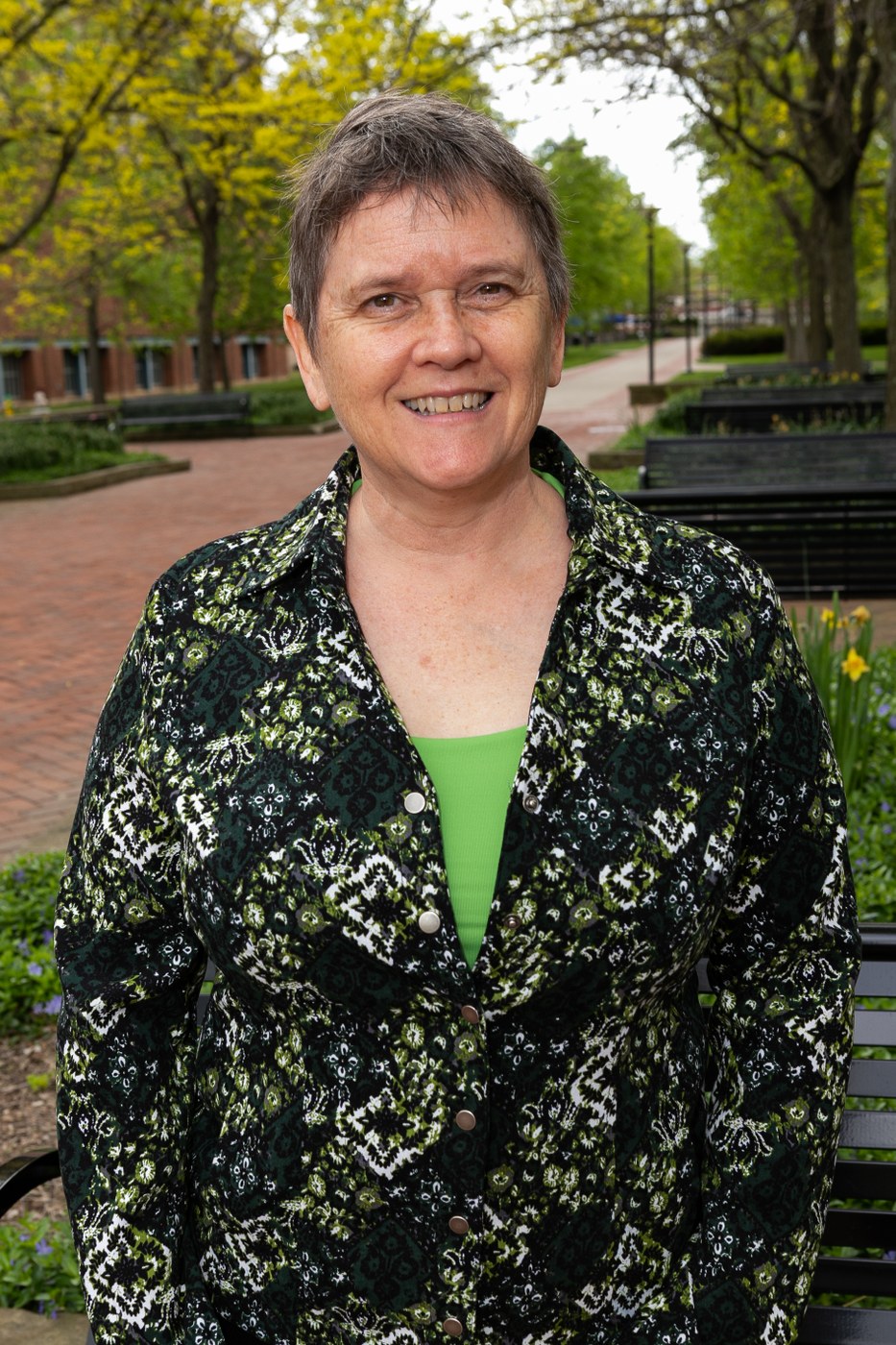M.S. Wildlife and Fisheries Science 1994

Lisa Williams
Lisa Williams completed the M.S. in Wildlife and Fisheries Science at Penn State in 1994.
Lisa’s research focused on developing safe and effective measures to reduce bat-human conflicts based on understanding characteristics of attic roost sites. Working as an assistant to her advisor Margaret Brittingham in the Wildlife Extension office while pursuing her graduate studies, Lisa grew to understand the critical need for combining research findings with compelling public outreach. Her work resulted in two scientific publications as well as a popular Extension publication “A Homeowner’s Guide to Bats and Bat problems” and a video “Bat‐free belfries: A Guide to Bat Proofing”. In recognition of both her research and outreach accomplishments, the Wildlife and Fisheries Science faculty selected Lisa to receive the Roger Latham Award in 1993. Her work became even more important after the arrival of white‐nose syndrome and the decline of many bats including those that often roost in human structures.
After graduation, Lisa was hired by the Pennsylvania Game Commission in the wildlife diversity section. In this capacity, Lisa co‐authored the first Pennsylvania Wildlife Action Plan. This comprehensive plan included research, management, and education priorities to prevent Species of Greatest Conservation Need from continuing to decline. This approach continues today as an important mechanism for keeping common species common and taking action while there is still time and prior to the need to list species as endangered.
Lisa moved within the agency from the wildlife diversity section to game bird management in 2011. It is here that she gained her greatest prominence. Her responsibilities included developing management guidelines for our state bird, the ruffed grouse. Conventional wisdom was that grouse declines were associated with a lack of young forest habitat, so Lisa worked to encourage the development of young forest on both public and private land. At the same time, as she reviewed the annual population indices, she noted that grouse continued to decline even where there was an abundance of habitat and were declining at a rate faster than habitat could explain. To investigate further, she led a research and management team that identified West Nile virus as a major factor in the decline of grouse. She then used this information to identify landscape factors that would lower disease risk, thus representing best areas to focus on for habitat management. Her work has resulted in numerous scientific as well as popular publications and videos on ruffed grouse declines, incorporating disease issues into population management, and establishing a harvest management framework that responds to population trends. She has been widely recognized for her innovative, timely, and ground‐breaking research on grouse and West Nile.
In 2020, in recognition of their work, Lisa and her team of researchers and managers were honored with one of the Governor’s Awards for Excellence by Governor Tom Wolf. In addition, Lisa Williams and the PA Game Commission were awarded the 2020 Ernest Thompson Seton Award by the Association of Fish and Wildlife Agencies in recognition of Lisa’s research and conservation efforts with grouse. This International award is presented to the state, provincial, or federal agency that has “best promoted public awareness of the need to support the science and practice of wildlife management.” These are just two examples of the recognition Lisa has received for her work with ruffed grouse.
Lisa gives her time generously to her profession, our Department of Ecosystem Science and Management, and the community. She is an excellent speaker and a popular lecturer. She gives talks on a regular basis at community events hosted by civic groups as well as organizations such as the Ruffed Grouse Society and National Wildlife Federation. Each year she gives a lecture in both the Ornithology and the Wildlife Management courses in our department. Lisa is also a popular speaker and contributor to the wildlife and forestry extension program and has participated in a range of programs including Women and their Woods, the landowner’s conference, and the Extension webinar series. She has been a PA Drummers advisor for the Pennsylvania Wildlife Leadership Academy, a program designed to introduce youth from across the state to the world of wildlife conservation and management.
While in the School of Forest Resources, Lisa married Walt Whitmer, and they happily maintain a menagerie of their children’s retired 4-H project animals in Penns Valley. Son Joseph attended Penn State Behrend for Environmental Studies, fell in love with the Erie area, and is now a GIS analyst specializing in water quality issues with a local township. Daughter Lucy is making her way through college in the zig-zag pattern of someone with many deep interests. Lisa fills her time in the empty nest by biking, foraging medicinal plants, and bird hunting with her spaniel and setter (though not at the same time!).
Department of Ecosystem Science and Management
- Office 814-865-7541
- Fax 814-865-3725
Department of Ecosystem Science and Management
- Office 814-865-7541
- Fax 814-865-3725

